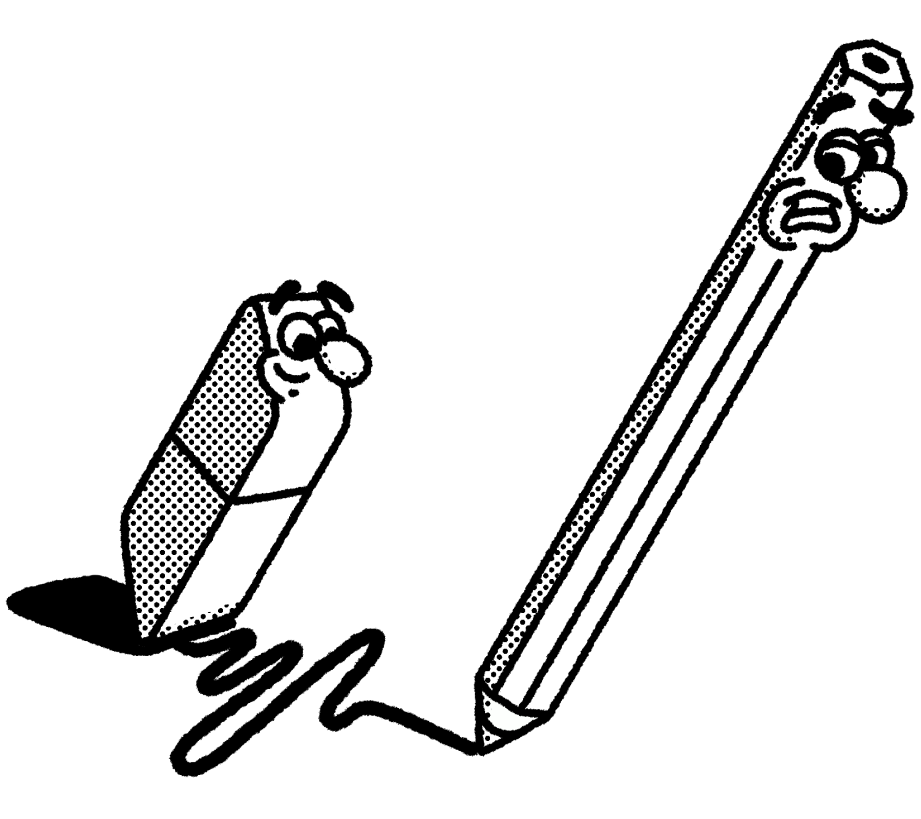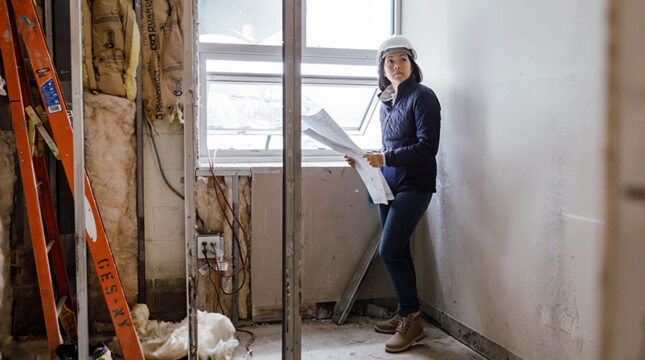Small businesses are important to every state’s economic well-being, but they are particularly crucial in Montana. These companies employ more than a quarter-million people in the Treasure State, or nearly two-thirds of the workforce. 1
No matter your industry or location, you’ll need small business insurance in Montana to protect you when things don’t go as planned. Coverage can help pay for unexpected business expenses after situations related to:
- Injury or property damage claimed by anyone other than an employee
- Work mistakes and oversights that cause someone else to lose money
- Employees hurt while performing job duties
- Accidents that happen while driving for business purposes
NEXT insures more than 1,300 types of small businesses and self-employed workers. We make it easy for you to get the right coverage at the right price and purchase your policy online in less than 10 minutes.
Continue reading to learn about important types of business insurance in Montana. Or get a free instant quote to see customized coverage options for your business.
















